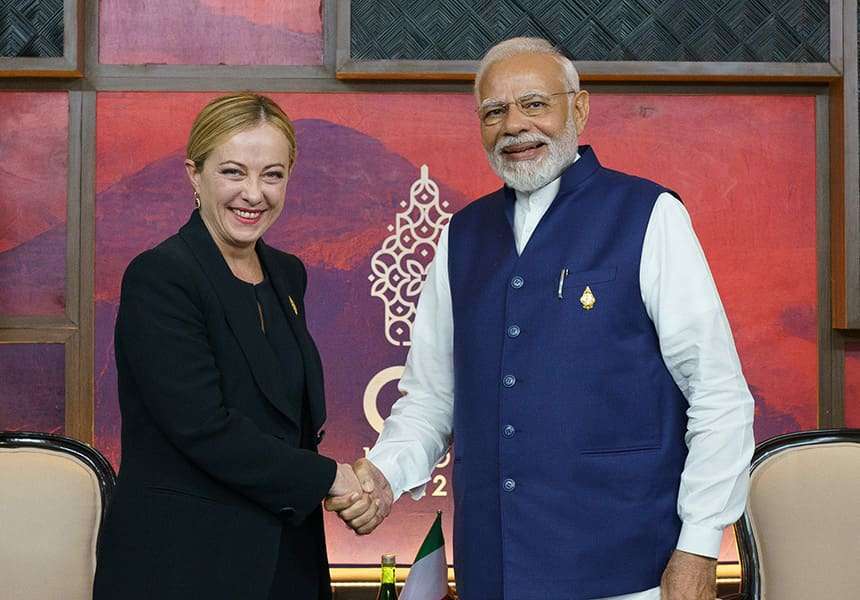As India prepares to host the G20 Summit, the nation undertakes massive public relations and beautification efforts to showcase its rising global prominence. With a reported budget exceeding $100 million and 200 pre-summit meetings held across over 50 cities, India aims to use the summit as a platform to address issues affecting developing countries and to solidify its role as a major global player.

The streets of India, usually adorned with Bollywood billboards, have lately been filled with G20 summit posters, signaling the government’s message that India is ready for a pivotal role on the world stage. The posters, featuring India’s official G20 logo of a globe within a lotus flower—drawing comparisons to the symbol of the ruling Bharatiya Janata Party (BJP)—are displayed alongside photos of Prime Minister Narendra Modi.
Ahead of the main G20 summit scheduled for two days from now, Delhi has undergone an extensive facelift. Historical monuments glow with the summit logo, while flower pots and flags of the participating nations add to the city’s charm. The Indian government has not been shy about the investments it’s made to prepare for the event, having reportedly spent over $100 million and hosting 200 pre-summit meetings in more than 50 cities, complete with cultural performances and curated menus.
Yet, these cosmetic enhancements come with controversy. Cloth walls have been erected in front of slums to obscure them from public view, and some residents have even been relocated. In addition, beggars have been evicted from central Delhi, and their current whereabouts remain unclear. Schools and offices are set to close for three days, major roads are shut down, and an extensive security detail has been deployed.
“This is India’s effort to erase the boundary between foreign affairs and domestic politics,” said Jitendra Nath Misra, a former Indian ambassador. According to him, the G20 serves as an ideal platform for India to achieve this amalgamation, but the nation faces the challenge of navigating divisive issues such as the Ukraine crisis.
Since taking on the G20 presidency, India has announced its intention to focus the summit on challenges affecting the Global South—climate change, rising debt burdens, digital transformation, inflation, and food and energy security. The summit coincides with a period when nations from the Global South are demanding a greater say in global affairs.
Happymon Jacob, a professor of foreign policy at Delhi’s Jawaharlal Nehru University, adds that the West is increasingly realizing that it “cannot solve the world’s problems in isolation.” India, he says, hopes to act as a mediator between developed and developing nations, leveraging its own economic strengths to foster dialogue.
However, domestic concerns loom large for Modi, who faces an upcoming general election. Foreign policy has rarely played a significant role in Indian elections, but Modi, who has cultivated an image as a global statesman, seeks to change that narrative.
“He wants the G20 summit to reinforce his image as a leader who has elevated India’s standing in the international community,” said Mr. Misra. This is important for Modi, who is grappling with domestic issues, including job creation and allegations of rising hate crimes, which his government denies.
As Delhi prepares for its moment in the global spotlight, the stakes are high. Not just for Modi, but for a nation striving to assert its leadership on a global scale while grappling with challenges both at home and abroad.
(Associated Medias) – All right reserved
